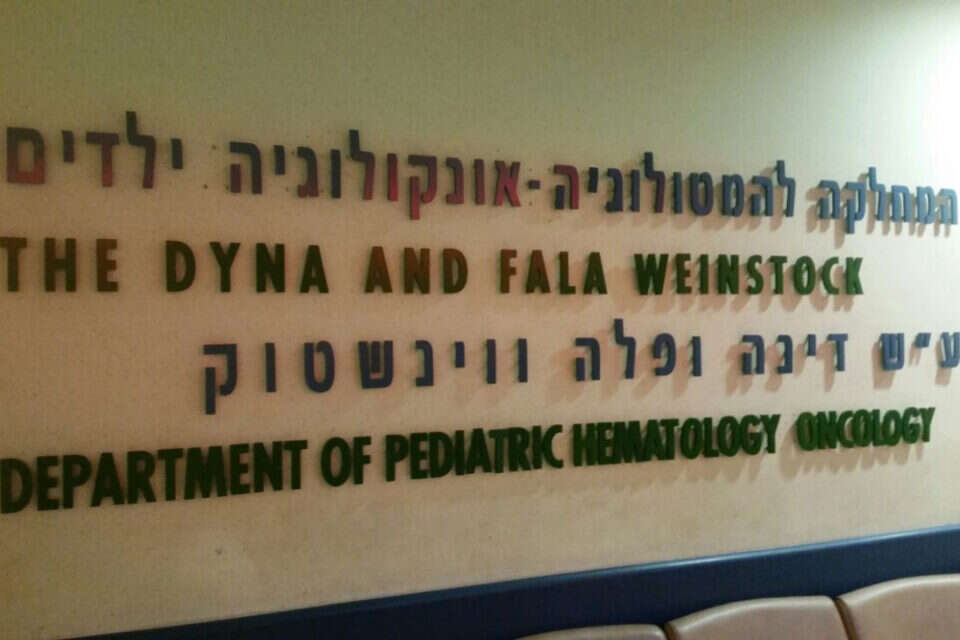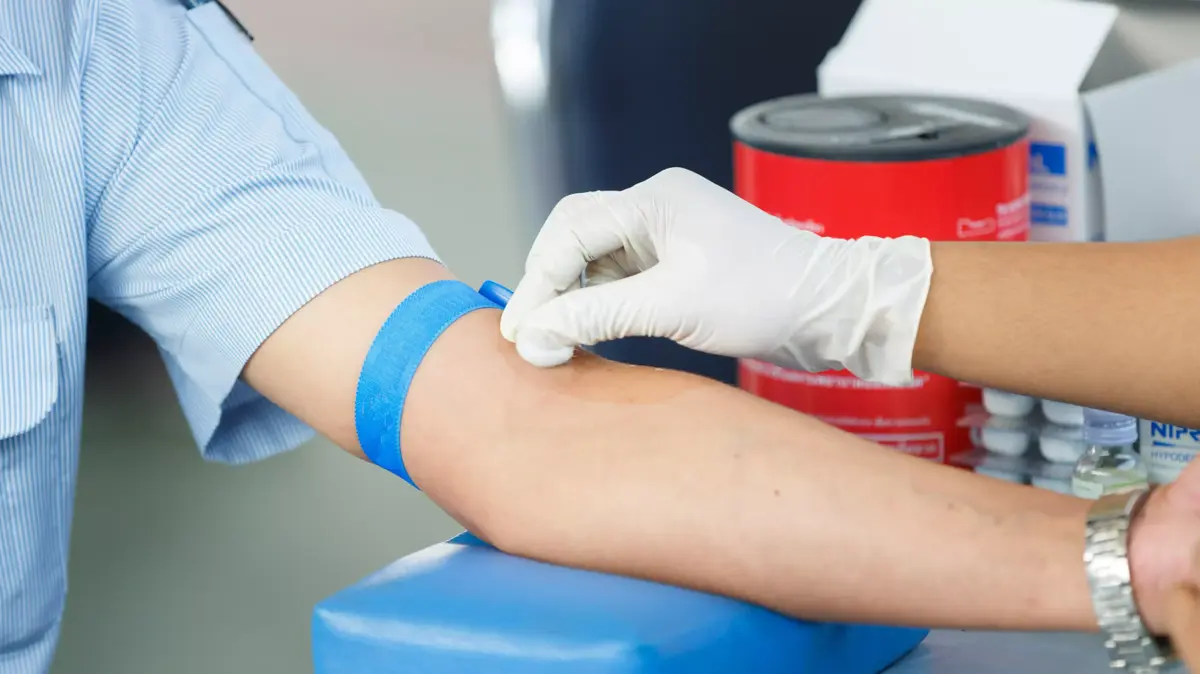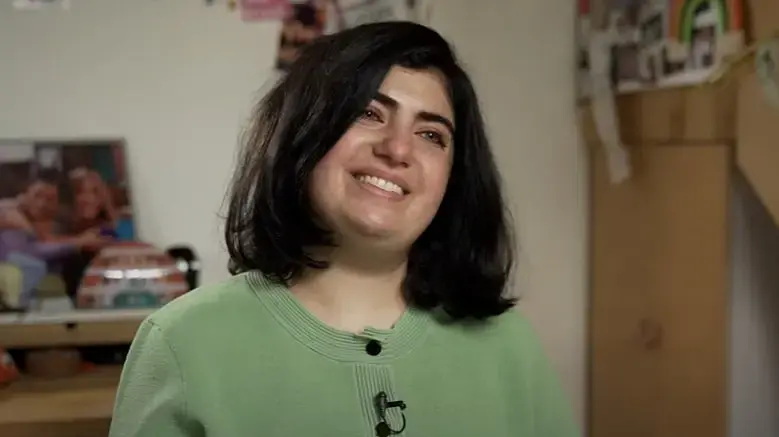Senior oncologists call for an emphasis in the drug basket on funding drugs for the early detection stage of cancer, even if they come at the expense of drugs for the advanced stage.
The new therapeutic approach in cancer treatment is to take advantage of the window of opportunity in early detection, and promise a cure.
All of these are embodied in the treatments given to patients in the early stages of the disease, which were submitted to the medicine basket this year.
The dilemma on the subject is not simple: the basket's budget is only 550 million shekels per year, and it is possible that the treatments for patients in the early stages will come "at the expense" of the treatments for seriously ill patients, who will not receive new drugs this year.
"to bring about complete healing"
"The special thing about these drugs is that they can lead to a complete cure. Not only to extend life by a few months, but to cure. All of these must go into the basket, and only after them, if there is a budget left, everything else," opines Prof. Ido Wolf, director of the oncology system at Ichilov and Rash National Council on Oncology.
The drugs in question are known and well-known, but for the first time they also began to give them in the early stages of the disease.
One of the patients who received the new treatment is Mittal Davidov (35), who was diagnosed with breast cancer in November 2020. She was in her fourth pregnancy, a carrier of a gene mutation that increases the risk of getting breast and ovarian cancer, and the daughter of a mother who got cancer and died. by 37% the risk that her disease will return, and improves her survival by 32%.
In fact, after a four-year follow-up of the patients treated with the drug - almost 90% of them are still alive.
"It's important to go and check, because if there's a doubt - there's no doubt," says Davidov.
"Insufficient research"
However, some believe that longer research is needed, before public funding.
Iris Ginzburg, a former member of the Medicines Basket Committee: "With any long-term preventive treatment, the question arises as to how long the follow-up is, and if it is sufficient to prove benefit in terms of non-recurrence of the tumor. In many cases, this is a research phase that is too early."
The full article on Friday in "Shishab" magazine
were we wrong
We will fix it!
If you found an error in the article, we would appreciate it if you shared it with us













